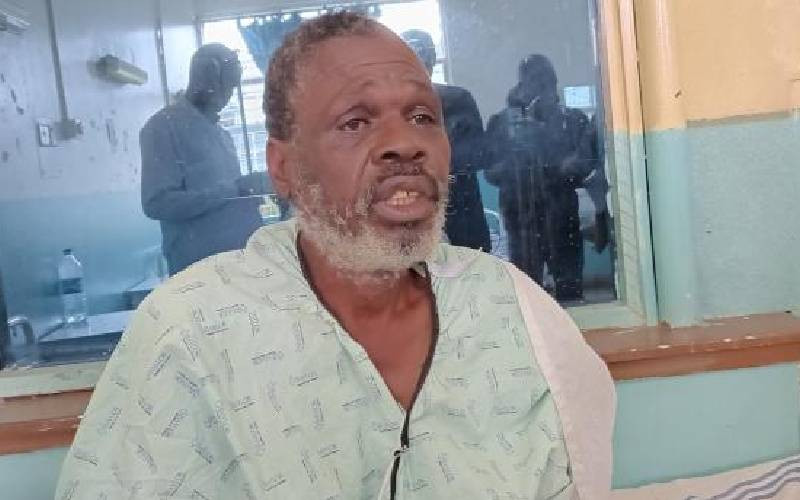×
The Standard e-Paper
Fearless, Trusted News

When Charles Mwandi, 67, was brought to Kapsabet County Referral Hospital in Nandi on August 15, he was critically sick and unconscious.
A Good Samaritan dropped him off at the hospital casualty section and left him under the care of medical officers who were on duty.